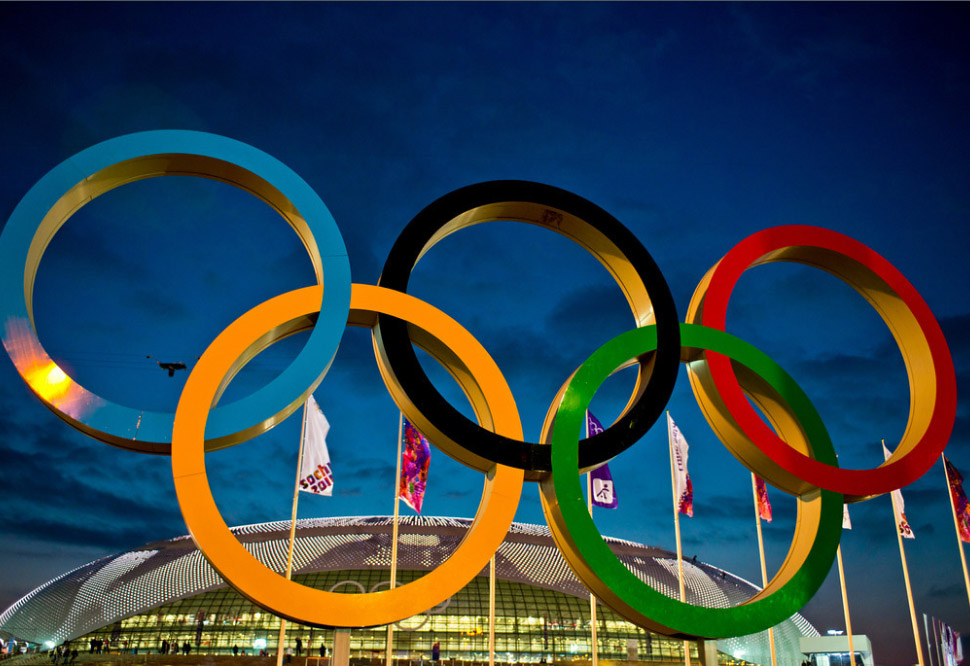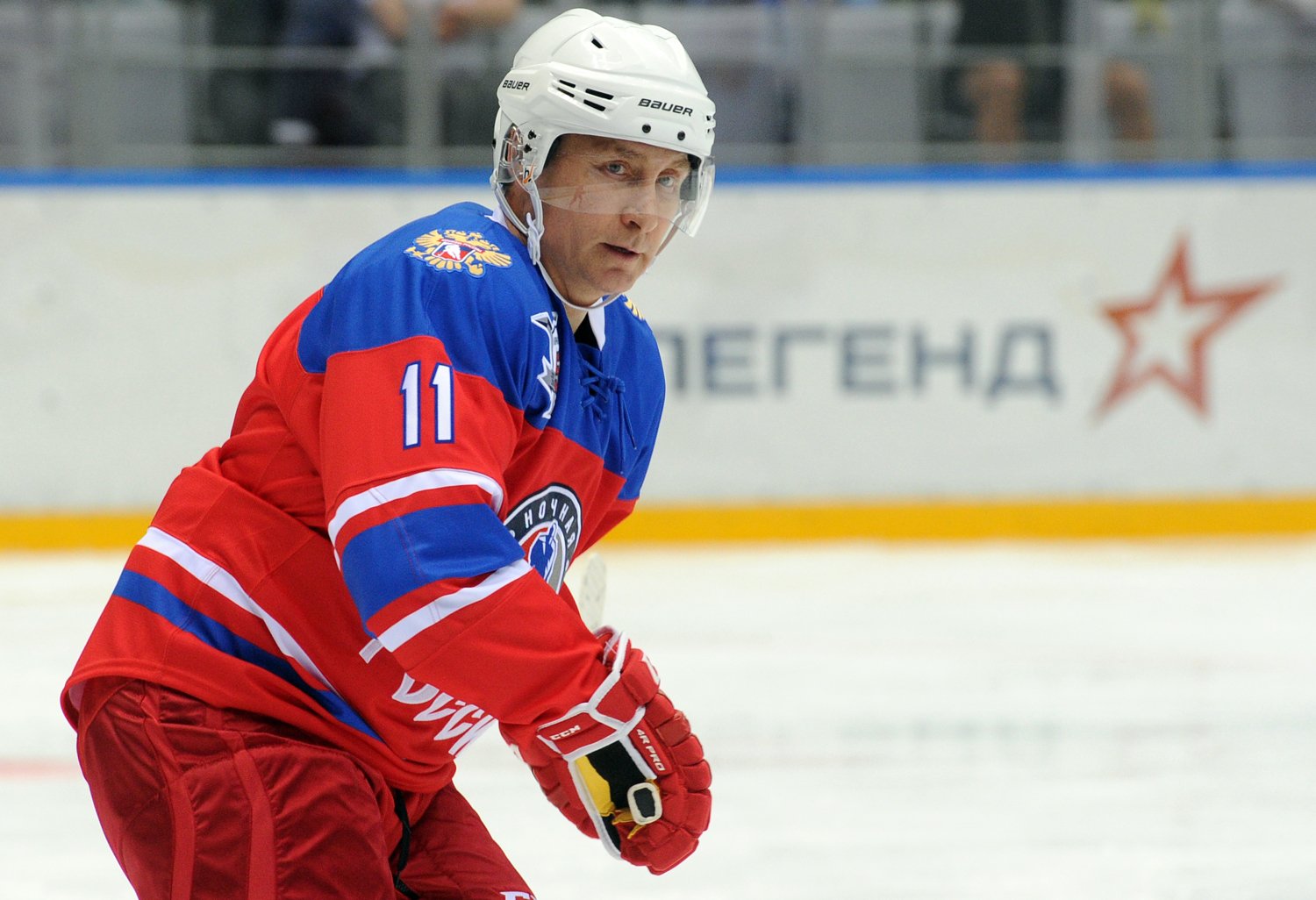In early 2020, International Olympic Committee President Thomas Bach emphasized in his opening address to IOC members that the Games’ mission was to foster peace and friendship in the world.
“We can accomplish our mission to unite the world only if the Olympic Games stand above and beyond any and all political differences. We can achieve this global solidarity and true universality only if the IOC and the Olympic Games are politically neutral,” he said.
But the question is — is IOC politically neutral? In late February, shortly after the Russian army invaded Ukraine, efforts to isolate Moscow gained momentum. As the US and EU nations imposed severe sanctions on Russia, international sports organizations also started isolating the country.
According to the latest reports, Wimbledon organizers are in discussions with the British authorities about whether Russian tennis players should be authorized to participate this year if they do not distance themselves from President Vladimir Putin.
ATP world No. 1 Daniil Medvedev, for example, could be compelled to publicly condemn Putin and his activities in Ukraine, or risk being disqualified from competing in the prestigious Grand Slam tournament.
British Sports Minister Nigel Huddleston said: “Absolutely, nobody flying the flag for Russia should be allowed. Many of us would be willing and able to (allow them to) compete as non-aligned, non-flag-bearing entities.
But I think it needs to go beyond that. We need some potential assurances that they are not supporters of Vladimir Putin and we are considering what requirements we may need to try and get some assurances along those lines.”
Russian Athletes At Receiving End
Russia and its athletes have been barred from participating in international events by many sports federations. This was mainly prompted by the IOC Executive Board’s “urgent proposal not to arrange any sporting event in Russia or Belarus.”
The IOC also asked international sports federations and event organizers to “do everything in their power to ensure that no athlete or sports official from Russia or Belarus be allowed to take part under the name of Russia or Belarus.”
Immediately after the IOC’s unequivocal stance against Russia, the Union of European Football Associations (UEFA) announced on February 28 that Russian players will be barred from all FIFA and UEFA tournaments.
“Football is fully united here and in full solidarity with all the people affected in Ukraine,” FIFA and UEFA said in a joint statement. “Both presidents hope that the situation in Ukraine will improve significantly and rapidly so that football can again be a vector for unity and peace amongst people.”

The International Ice Hockey Federation (IIHF) declared a similar suspension later that day, which also applied to Belarus, as well as the removal of Russia’s hosting rights for the 2023 IIHF World Junior Championships.
On March 1, the world governing bodies of figure skating, speed skating, skiing, basketball, and athletics forbade Russia and its ally Belarus from competing in those sports. Furthermore, Russia was stripped of hosting the men’s Volleyball World Championships in August and September, according to the International Volleyball Federation.
Athletes from Russia and Belarus have also been barred from competing in any world athletics-series events. The European Athletics Federation has agreed to impose sanctions on the Russian and Belarussian federations.
However, Russian and Belarusian players will be allowed to compete in the men’s ATP and women’s WTA tournaments, but without their national flags, according to the International Tennis Federation. The announcement comes only days after Russian Daniil Medvedev ascended to the top of the men’s global rankings.

Both Russian President Vladimir Putin and Belarus President Alyaksandr Lukashenka are ice hockey aficionados who often play in exhibition games alongside celebrities from their respective nations.
Russia has voiced its displeasure with the sporting bans. “Our country has always adhered to the principle that sport is beyond politics, but we are constantly drawn into politics because they understand the importance of sport in the lives of our Russian people,” Deputy Prime Minister Dmitry Chernyshenko said at a Sports Ministry meeting.
Many Western commentators argue that athletes are closely intertwined in serving as ambassadors for their countries. Dominik Hasek, a Czech former ice hockey player, wrote, “Every athlete represents not only himself and his club, but also his country and its values and actions.”
Cricket Factor in India-Pak Relationship
In the light of these restrictions on Russian athletes, many Twitter users wondered why India, a victim of Pakistan-sponsored terrorism, faces criticism for refusing to play any bilateral cricket series with Pakistan.
When Russia attacks Ukraine: ban ordinary Russians from football tournaments & singing contests; but when Pakistan attacks India, kills our jawans, launches terror attack on our Parliament – hey c'mon be sensible, allow ordinary Pakistanis to play cricket and act in Indian films.
— Anand Ranganathan (@ARanganathan72) February 27, 2022
Interestingly, the two countries compete in international tournaments and India has never boycotted Pakistani players like many Islamic nations do with Israel or how Russian athletes are being treated now.
Despite participating in international tournaments, India has often been criticized by Western critics and armchair intellectuals on why New Delhi was mixing politics with sports. Many have strongly advocated that Pakistani players should be allowed in the lucrative Indian Premier League (IPL) tournament and both nations must play more cricket.
And the irony is that the same intellectuals are not only advocating but also rallying to ban Russian and Belarussian athletes.
At the political level, India and Pakistan have been at odds since the 2008 Mumbai attacks by Pakistani terrorists. In 2019, India launched an airstrike at terrorist camps in Pakistan’s Balakot to avenge the killing of 40 CRPF personnel in a suicide attack by Pakistani terrorists. The incident brought the two nuclear-armed neighbors to the brink of a full-scale military conflict.
Many netizens in India have supported New Delhi’s suspension of bilateral cricket with Pakistan and said blood and water should not flow together (referring to the Indus water treaty), let alone inviting them to India.
- VIEWS PERSONAL
- Contact the author at ashishmichel@gmail.com
- Follow EurAsian Times on Google News




